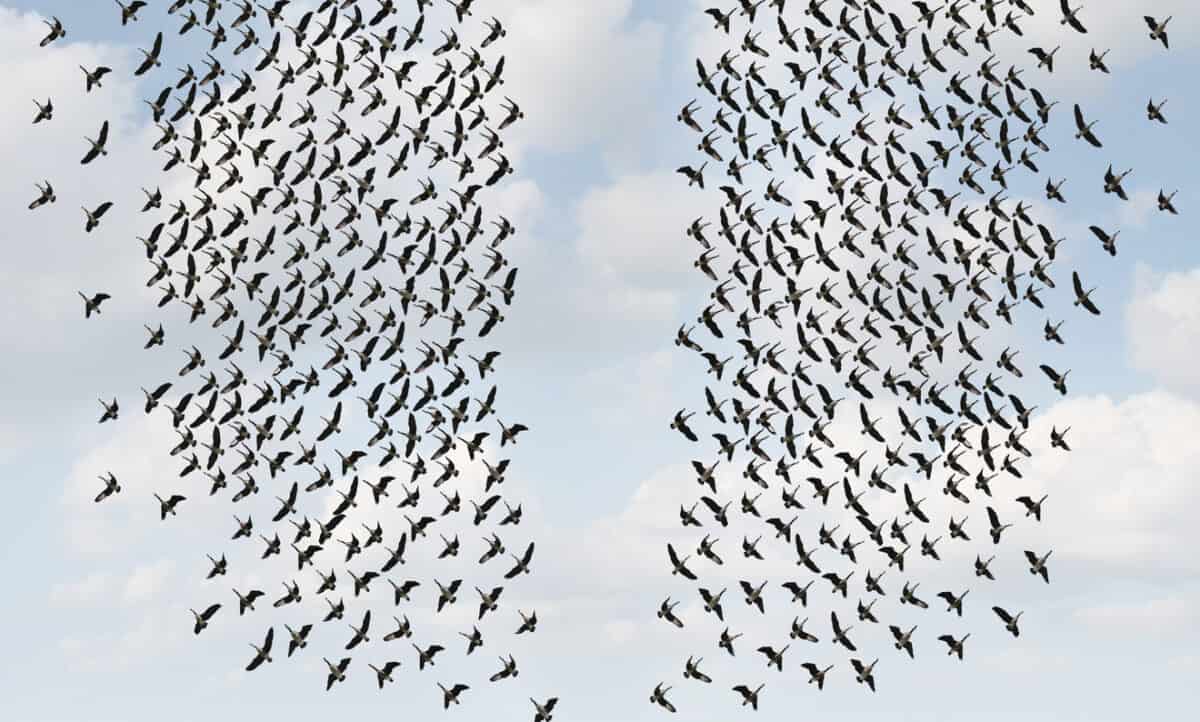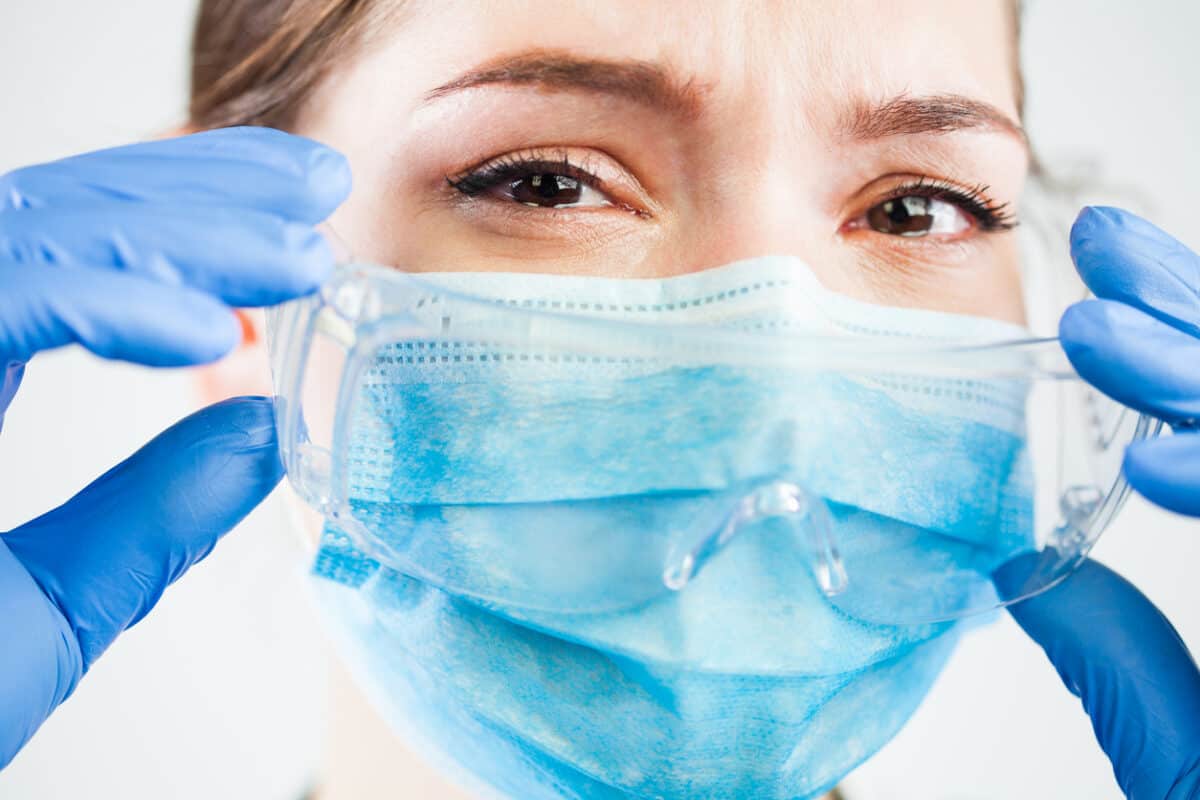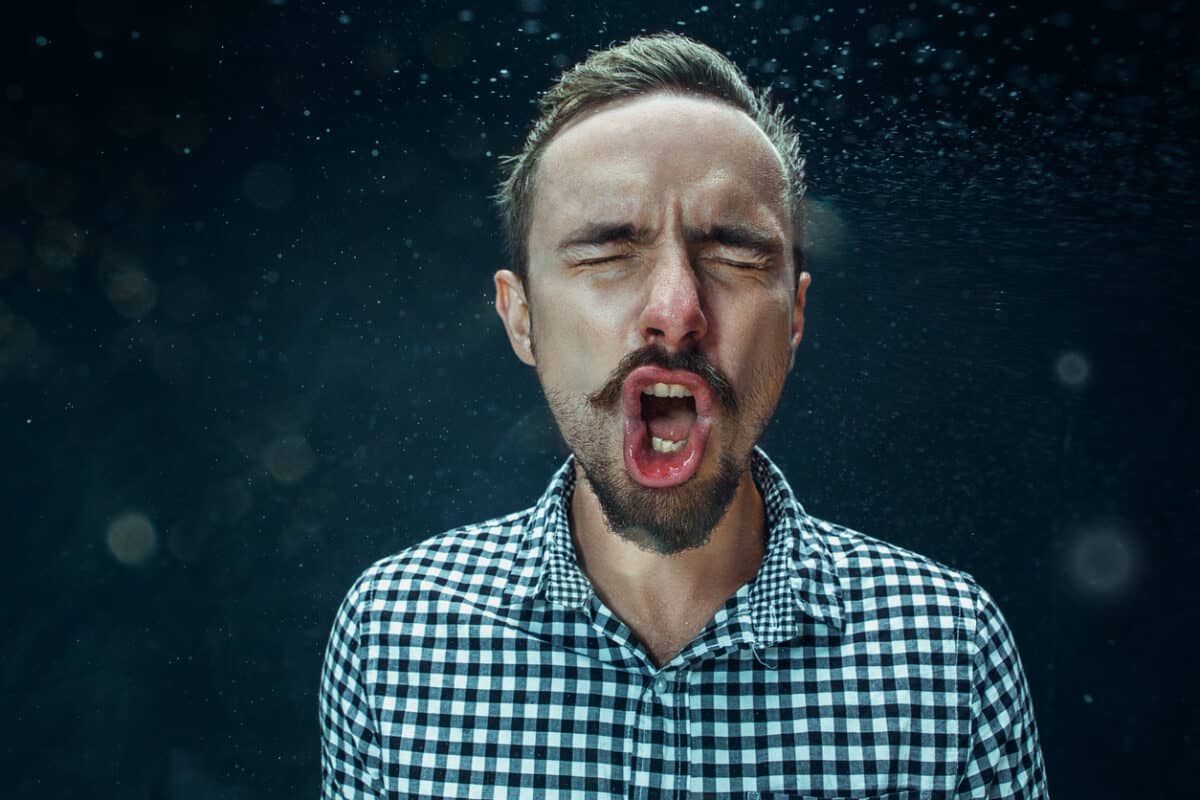Occupational health and safety (OHS) has had an uneasy ride in political debates in Australia, often because there is a disturbing morality in laws that dictate an employer has responsibility for the safety and health of their workers, even if legal wriggle room is allowed. There is no written history of OHS in Australia except within the confines of Industrial Relations, if it gets mentioned at all.
Recently I engaged in a conversation with a professional colleague on LinkedIn (I know, didn’t your Mother always say not to engage with people on social media? Well, this is a blog so….). That colleague made some odd political statements.






